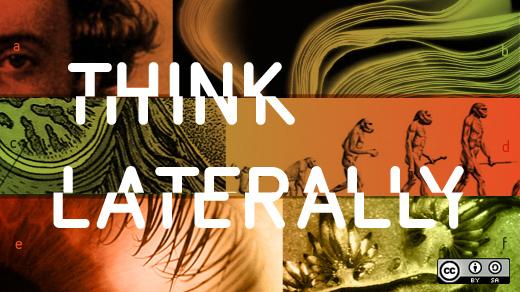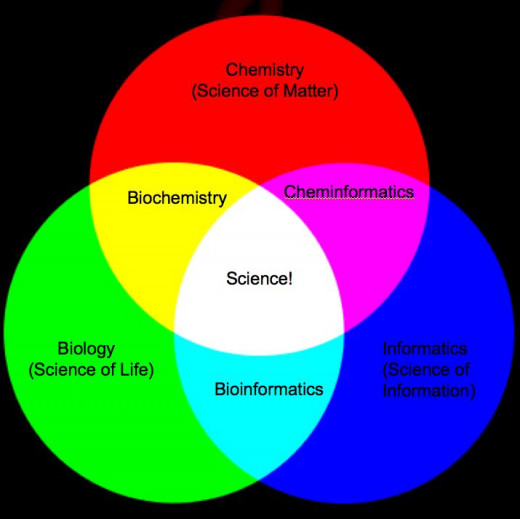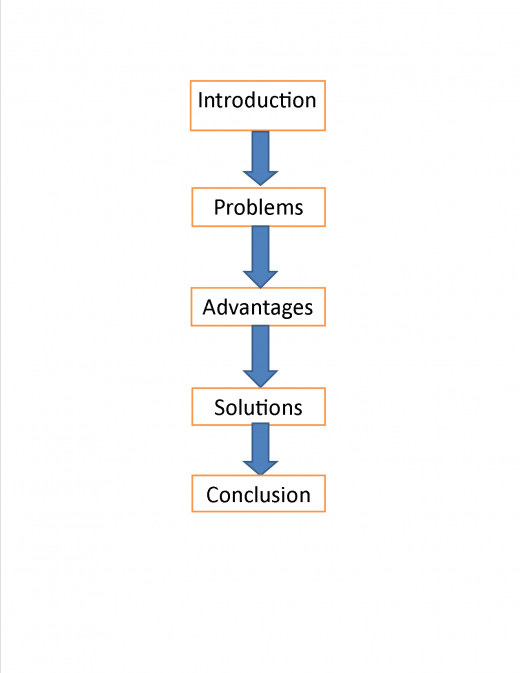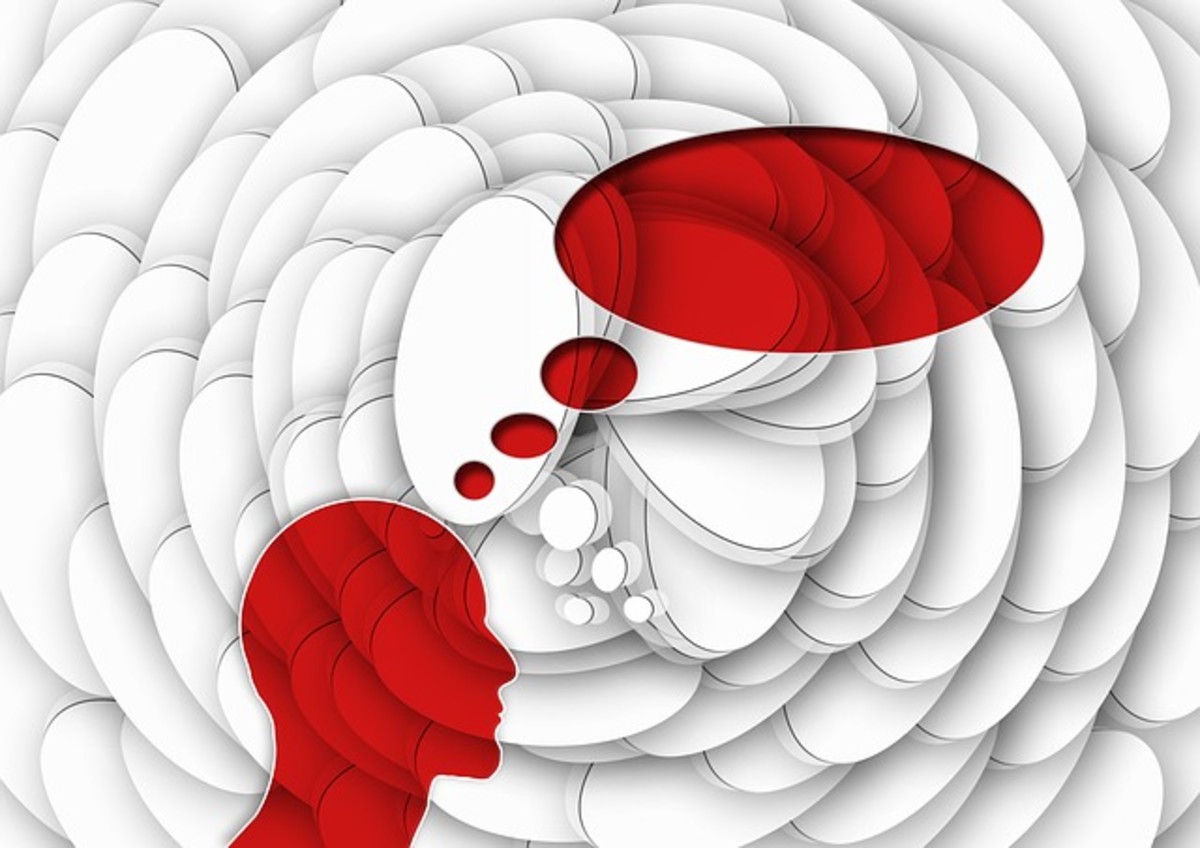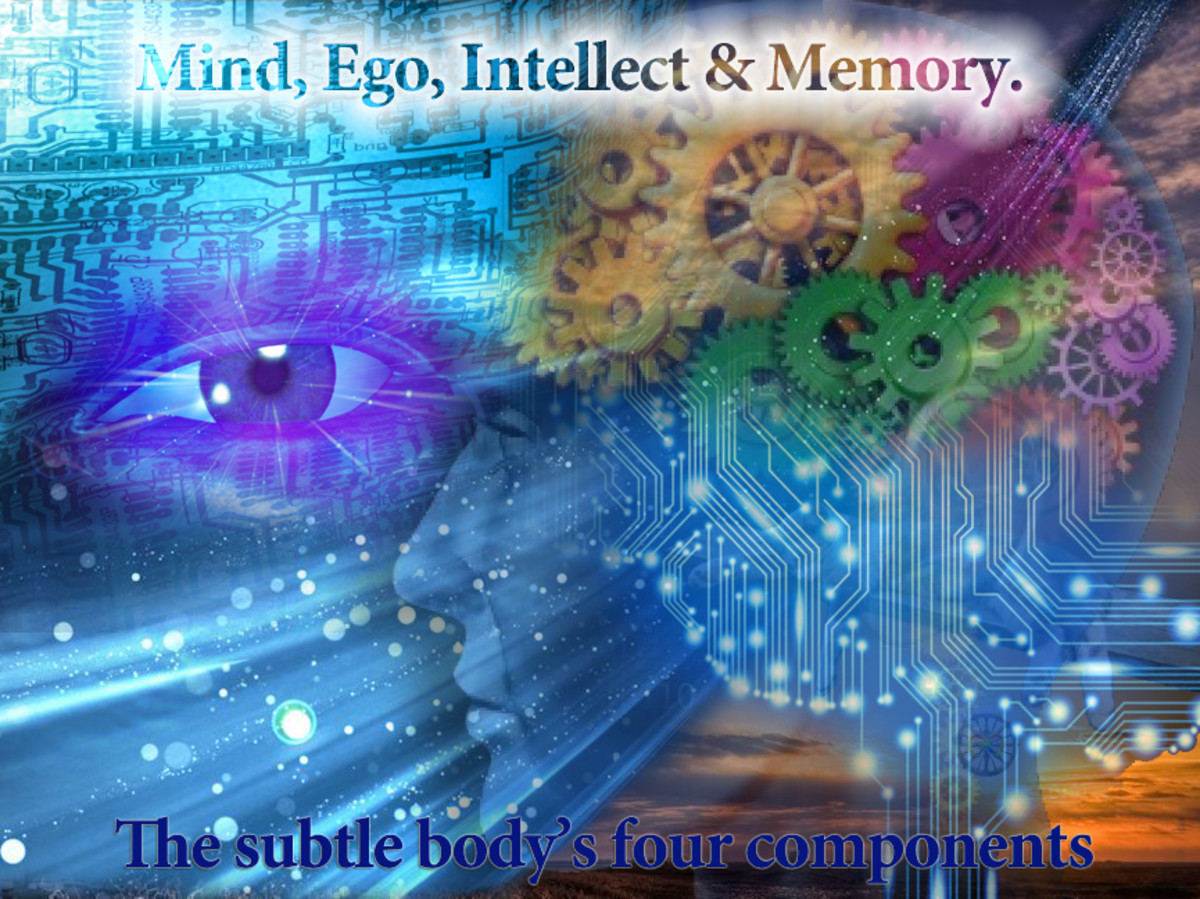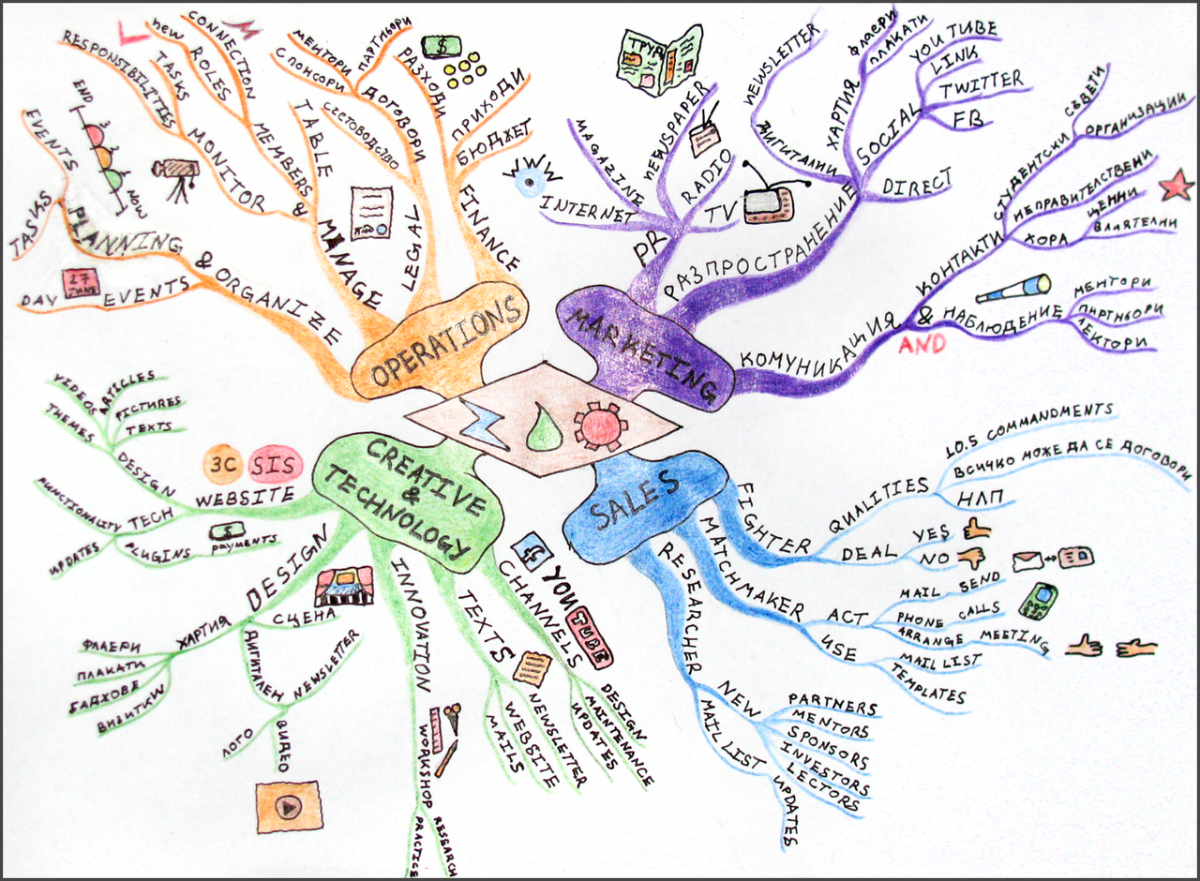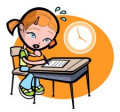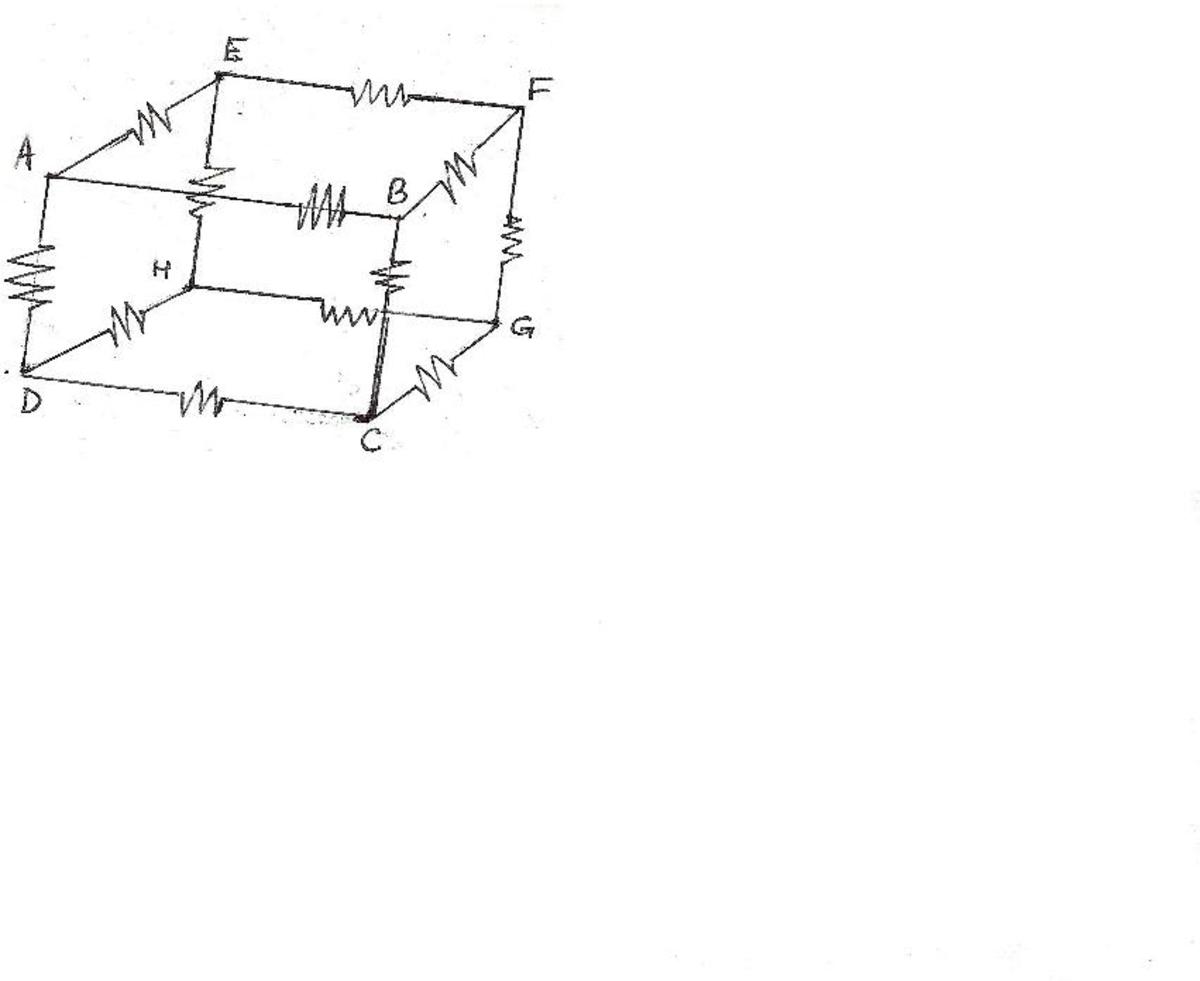How to Better Remember Information You've Studied

Remembering Information
Remembering information is a key life skill. It is imperative in school success to
- learn,
- organize and
- recollect information quickly and efficiently.
Failure to learn this skill leads to consistent failure in test-taking which is a key element of academic evaluation. Many work skills require information acquisition. The steps involved in a process at work must be remembered and often performed in precise sequence.
- Failure to remember may mean loss of a job.
- Many of the skills learned at school have real world applications and failure to remember those skills means an inability to apply the knowledge to new situations in work and life situations.
Remembering information is an essential skill.
Discover How Your Mind Works
Raise Your Grades With Memory Strategies
Making New Knowledge Easier To Remember
In order to better remember information, it has to be made meaningful and must be organized into logical categories.
- New information can be made meaningful by putting it into your own words. If you can put the information into your own words, then it proves understanding of the concepts.
- Information that is organized chronologically, alphabetically or under specific subject headings is much easier to remember than unorganized ideas.
As well, new ideas first enter short-term memory. If the information is not made meaningful and organized, it is very difficult for that information to make it into your long-term memory. The following are techniques that assist in making new ideas more meaningful and organized and provide the repetition to push knowledge from short-term memory into long-term memory allowing for greater recall over a longer period of time. Translate that better recall into higher test grades and greater job success!
Memory Techniques
Click thumbnail to view full-size



Memory Aides
1. Venn diagrams:
- Look at the similarities and differences between two or more ideas.
- Provide organization of similar concepts.
2. Mnemonic Aides:
- A memory trick used to remember phrases or a list.
- My Very Elegant Mother Just Served Us Nine Pies. This phrase is a great way to remember the eight planets and one dwarf planet, in order, of our solar system.
- Mnemonic aides also will often conjure a mental image making the information even easier to remember.
3. Creating Mental Pictures:
- Creating a picture in your mind that represents an idea or group of ideas is an effective method.
- It creates a second means of encoding the same information in your brain allowing easier recall.
- Often, the crazier the image, the easier the recall becomes.
4. Mind Map:
- A mind map is a diagram used to visually outline connections between concepts.
- It begins with a central word or phrase.
- Related ideas branch from that central idea.
- Color is often used to visually organize ideas that have a particular connection.
- Mind maps can be drawn by hand or can be developed using software such as "Inspiration".
- Pictures are often included in addition to words and phrases.
- They are useful in education for linking together all of the ideas in a chapter or unit of study when working on recall for exams.
5. Episodic Organizers:
- These are a tool to illustrate change from one group of ideas to another.
- Because relationships between events are graphically connected, there is a visual connection to the memory and the information is more easily retrieved.
Other Ways To Improve Recall
There are a number of other factors to consider when striving to study and/or improve recall. Lifestyle is important. The following lifestyle factors will also boost memory retention.
- Regular exercise increases oxygen to the brain and thus improves recall. Taking a break while studying to get some exercise will improve test results by increasing oxygen flow to the brain.
- Getting adequate sleep also improves memory. Tired brains are sluggish brains. Information is not recalled easily if your brain is tired.
- Social interactions stimulate memory. Studying in groups often produces better results in testing through shared interaction. Having a partner can help with focus and staying on task. Asking each other questions and sharing insight can provide powerful memory tools.
- Reducing stress also improves memory.
- Finally a healthy diet and good hydration provide brain boosting benefits that boost memory skills.
